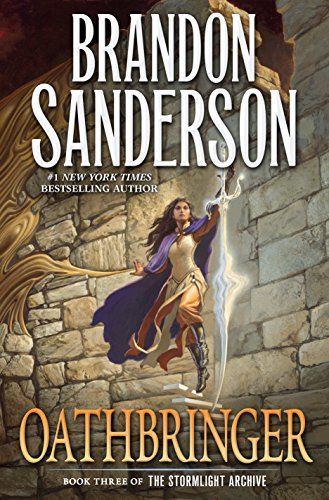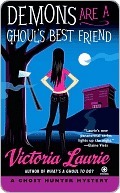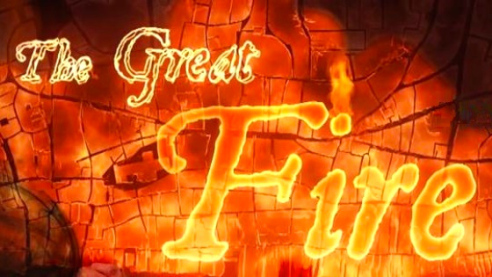
This is number six in a long running series concerning the Reverend Sidney Chambers, ex Vicar of Grantchester, current Archdeacon in Ely. These are the books on which the television series “Grantchester” is loosely based; the television programmes have stayed in the 1950s whereas this book opens 1971. Sidney is a priest in this book, married to Hildegard, father to Anna, full time clergy in the Cathedral, part time detective with Geordie on seemingly a semi – official basis. This is not the tortured, tempestuous story as the television would have it; this Sidney Chambers is given to much introspective musing on his life, the universe and everything. This is the sixth volume I have read in the series, but I am sorry to say I did not enjoy it more than the others. I believe it is because it tries to do so much; mystery setting up and solving, social history, and a picture of working clergy. I realise that I have read them so they do attract me on some level, but they are, sadly quite boring and sanctimonious.
In this book a body is found as is fairly predictable in Chambers’ daily round. Clergy are still summoned to the dying, but generally they are not so prone to finding the murdered or tragically dead in East Anglia. Before the mystery is solved (more by accident than design) the reader is presented with views on alternative lifestyles. There is a confusing section on a painting which seems to serve only as an examination of Amanda being ill fated (this is not the human Amanda that appeared on our screens, but a strange creature of contradictions) and a genuine mystery involving a missing book, heavily disguised a by just too much information of seemingly arcane nature about the enthronement of Archbishops. While I respect the amount of research that goes into these books, as well as the experience of growing up in a Vicarage / bishop’s palace, I just feel that Runcie tries a bit too hard, and the book is just a bit overwritten. There are sections where we do see Chambers as a man, in confusion and grief, and I think that this is the book’s strength, rather than trying to depict him as an amateur detective. The story of a clergyman in the second half of the twentieth century is interesting enough, without the feats of detection thrown in for dramatic purposes.
This is not a negative review in that there is much to interest in this book; I just feel that Runcie tries to write too many mysteries in a book which distracts from a genuinely good novel about people.
Yes, being married to Northernvicar does give me an insight into clergy households! This is why I find these books disappointing; I so much wanted to like them! Still, plenty of festive reading about, so must try to finish another entire book…
Advertisements Share this:




